Scaling in New Countries‚ Scaling in New Ways
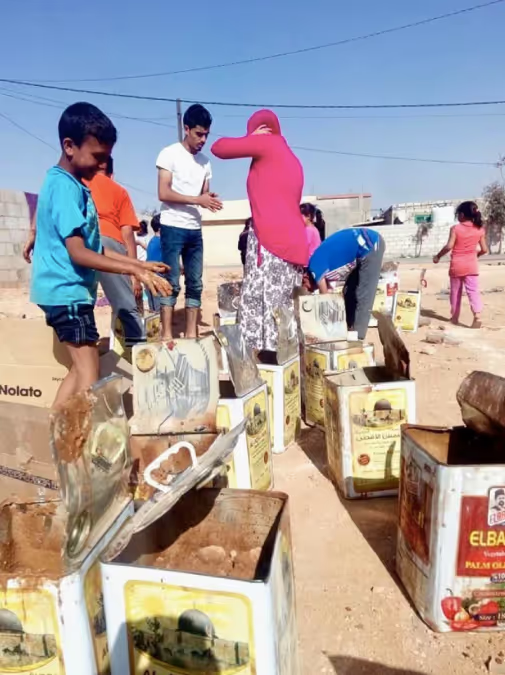
Field Ready has been making strides and can further attest to the need to transform humanitarian supply chains and the way aid is delivered worldwide. In addition to our ongoing activities in countries like Nepal and Syria, we have extended our activities in several new places. Here are some examples.
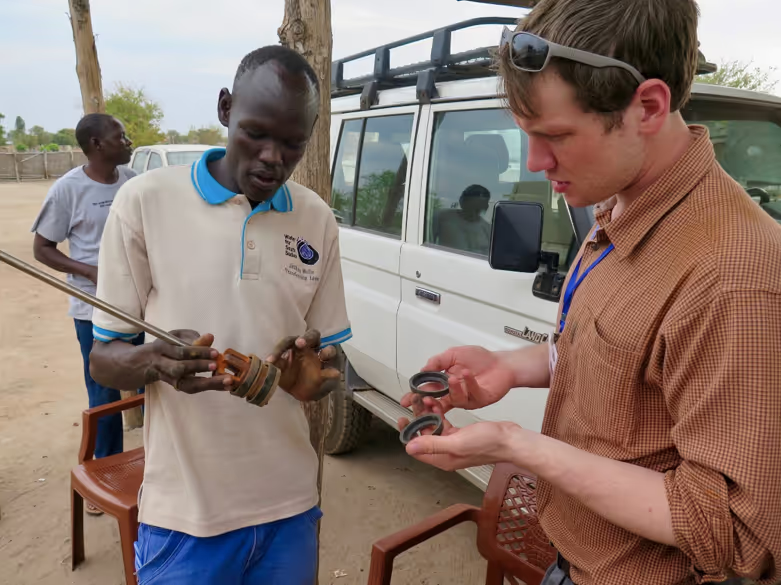
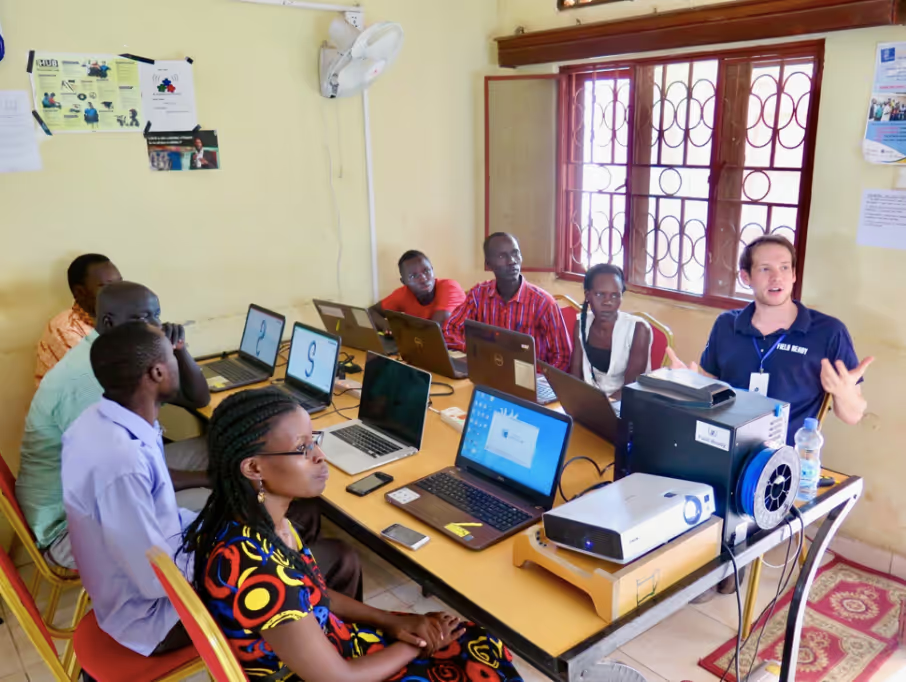
Our Rapid Emergency Deployment (RED) Team made its first deployment to South Sudan on an assessment with Water for South Sudan, an NGO that drills wells in remote areas. Water for South Sudan expressed concerns about broken parts, as they must travel 800 miles to procure replacements or wait for shipments from the US. While on the assessment, Field Ready was able to manufacture water pump caps, thus reducing the need to halt drilling. While in South Sudan, Field Ready also introduced topics in making at the iJUB maker space in Juba.
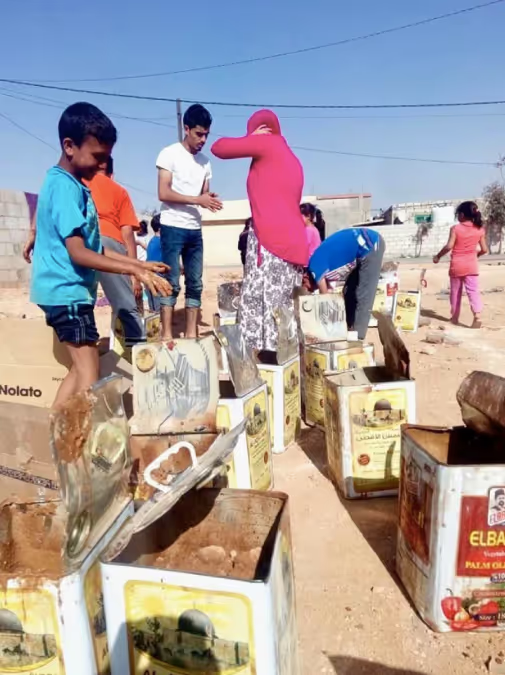
In Jordan, Field Ready recently began to cultivate partnerships and develop useful tools to help displaced people in camps and surrounding areas. After initial assessments, one of the primary concerns were pests. Field Ready introduced a rat and mosquito trap to capture these pests, and trained dozens of people in production. Additionally, vertical gardens, bio-sand filters, furniture, fans and other products have been designed using upcycling methods and taught to refugees.
In the Pacific region, Field Ready has joined the Australian Humanitarian Partnership with our consortium partner World Vision. This was recently announced by Australia’s Ministry of Foreign Affairs, Julie Bishop, at the Australian Aid warehouse in Brisbane. At the onset of a large-scale (Level 3) disaster in the Pacific, Field Ready will work with World Vision in countries such as Vanuatu, Solomon Islands, Fiji, Timor-Leste and Papua New Guinea. This five-year project pledges AUD $500m and includes Disaster Risk Reduction (DRR) activities.
An additional notable partnership is with DFID where we received funding to support making in Nepal. With the support of HIF, we are eager to see these new opportunities come to fruition and to bring out approach to many parts of the world.
A notable project we continue to work on is the creation of local production systems which we have nicknamed ‘kits’ for short. This initiative packages our local manufacturing capability so they can be used more widely. This is critical in our strategy to scale up our impact, allowing for more people to benefit from our work. We are currently developing 3DP kit for medical purposes as well as a kit for WASH items. Recently, we tested this idea with a physician on a deployment in Nepal. In the next year, we plan to see significant progress on this initiative and will continue to develop our business model.
Stay updated
Sign up for our newsletter to receive regular updates on resources, news, and insights like this. Don’t miss out on important information that can help you stay informed and engaged.
Related articles
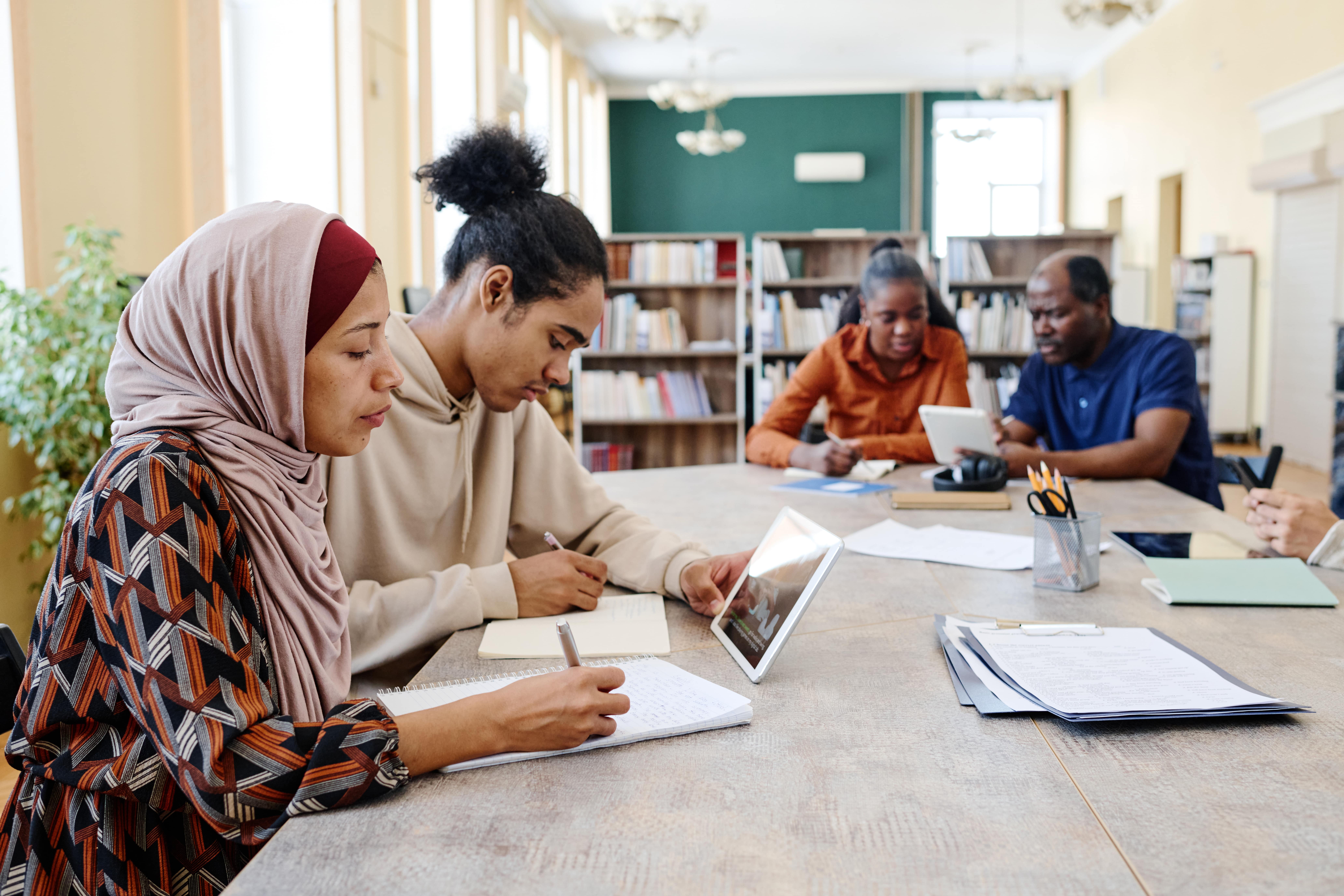
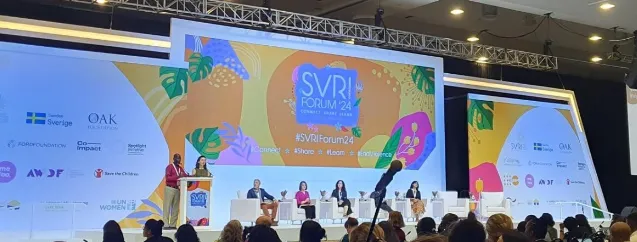
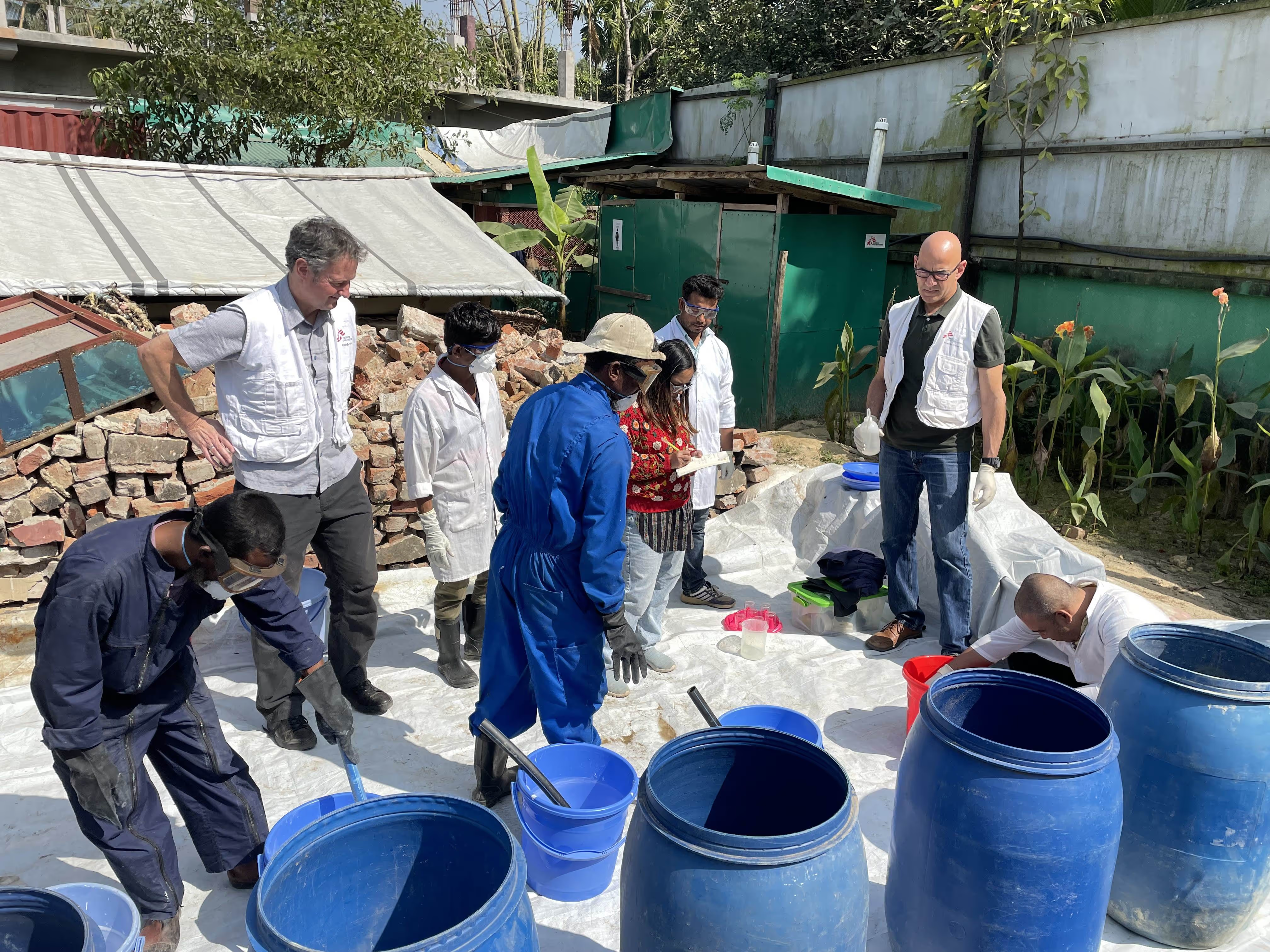
Explore Elrha
Learn more about our mission, the organisations we support, and the resources we provide to drive research and innovation in humanitarian response.